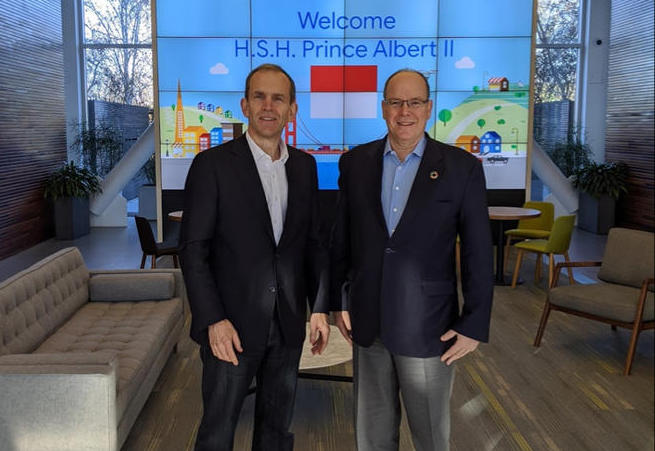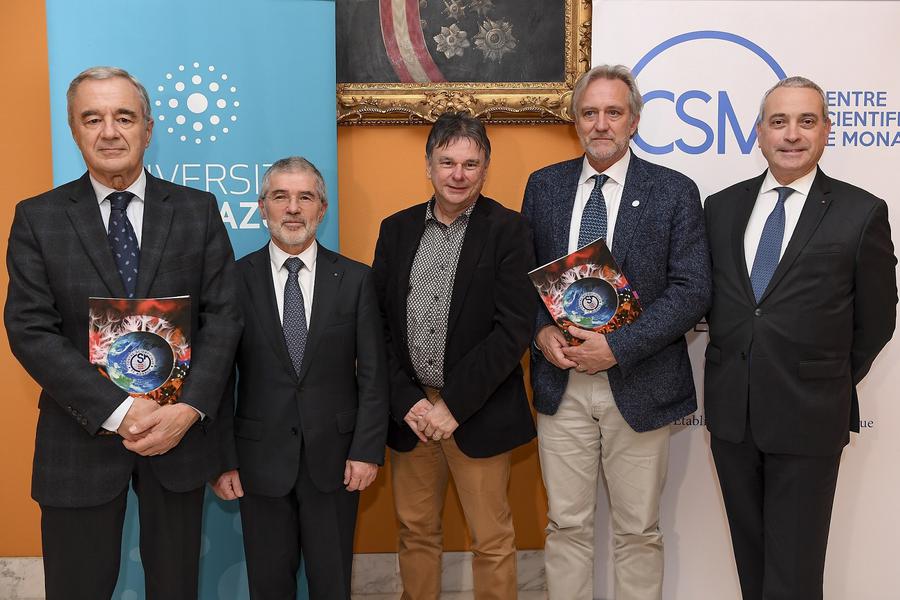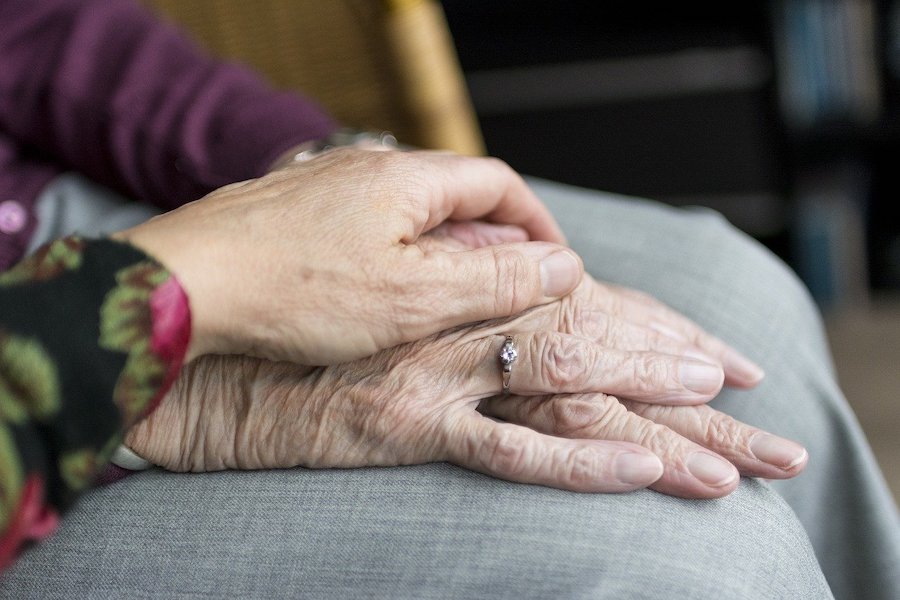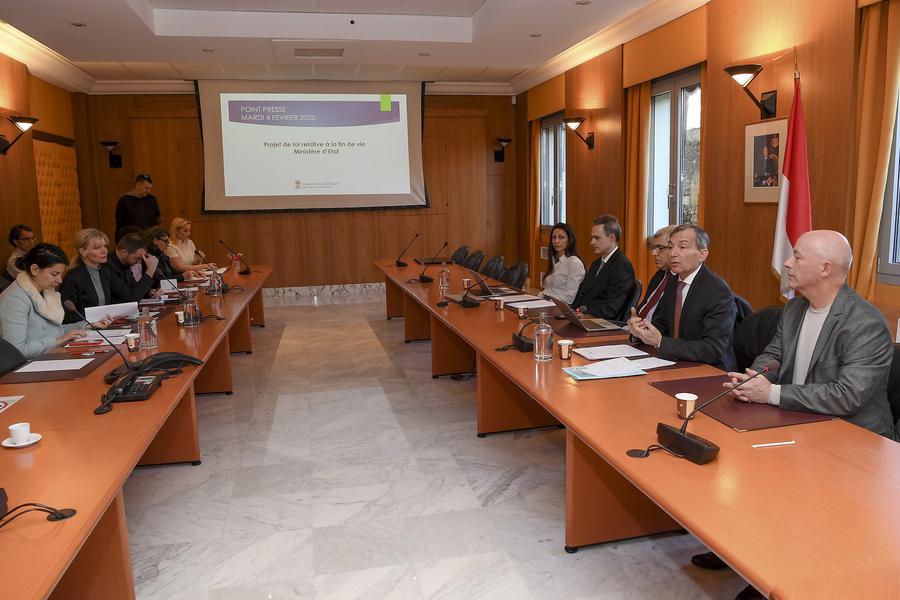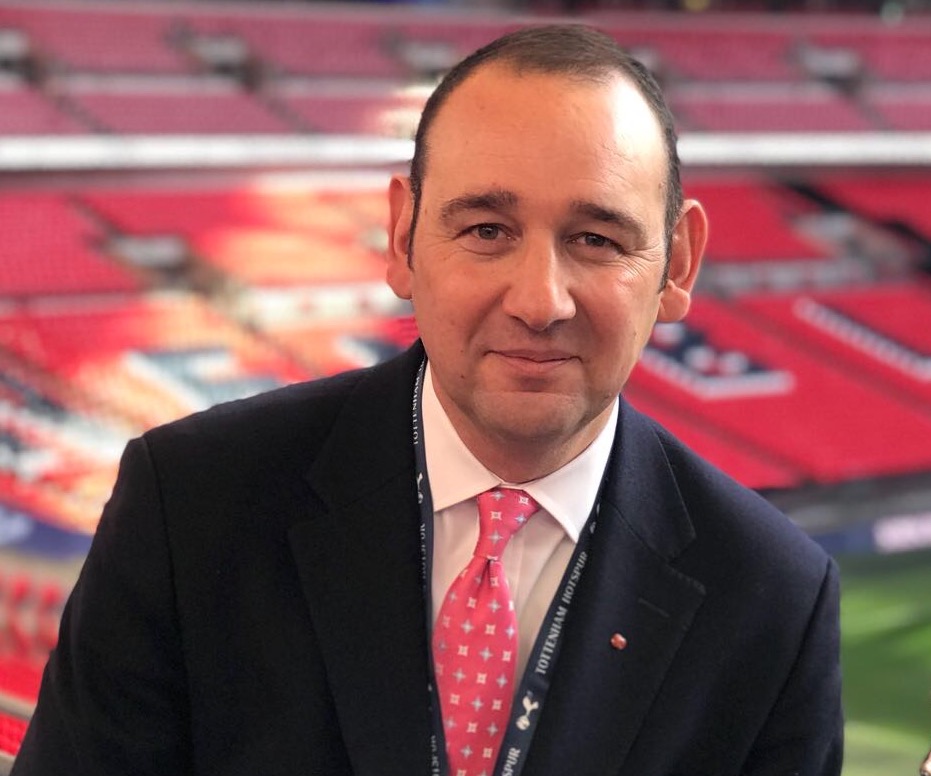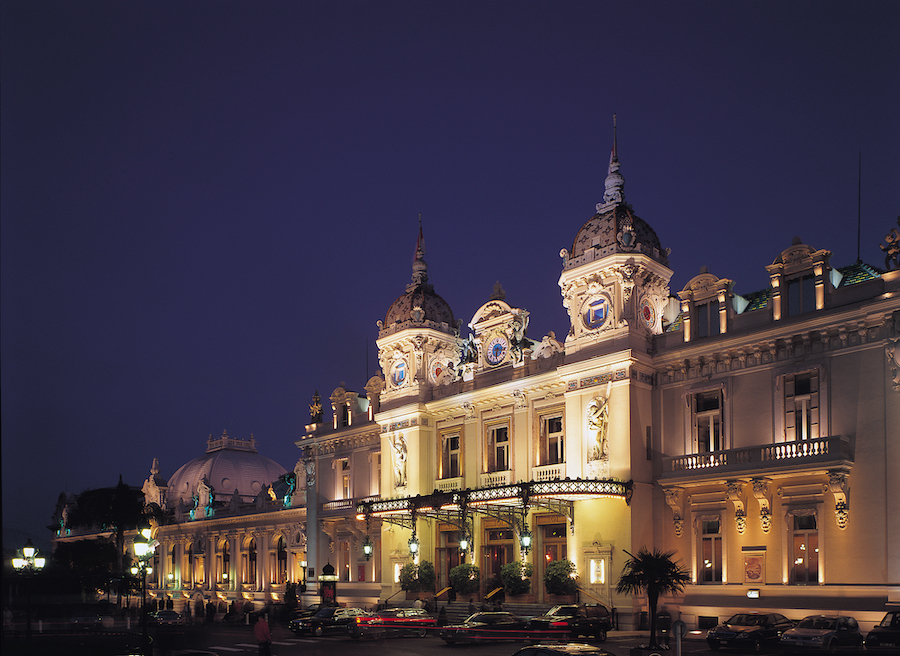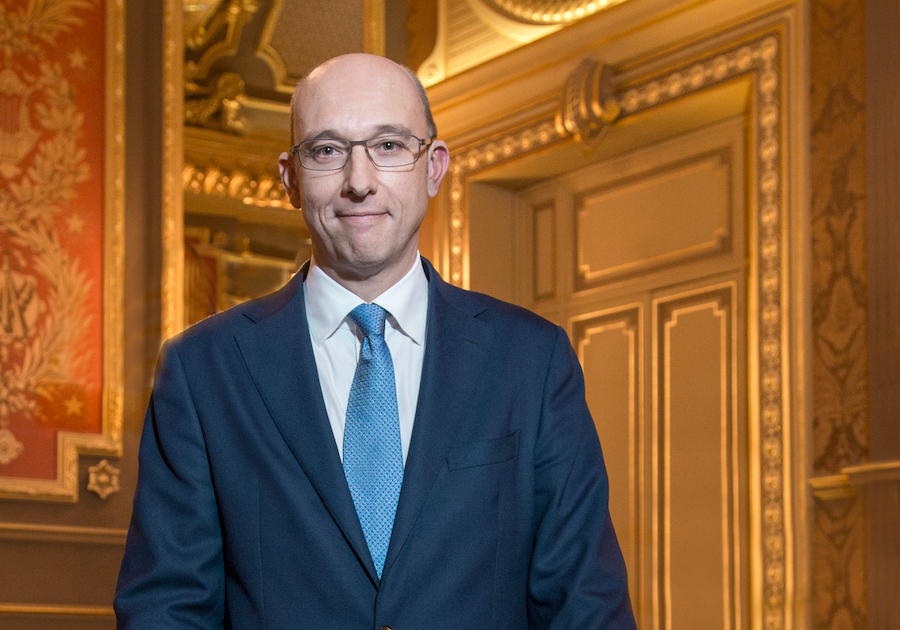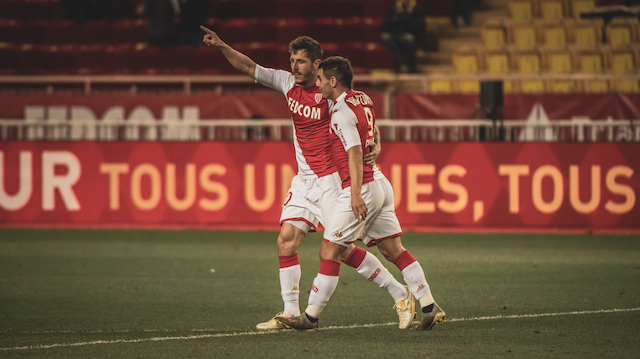HSH Prince Albert II and a delegation from the Principality visited executives from Google in Mountain View, California on Tuesday to discuss the possibility of collaborative projects protecting the environment.
Google and Monaco are looking at ways to work together to make headway in contributing to the environmental challenges in today’s world.
The meeting revealed some big news for Monaco, notably that Google is offering full access to the Google Play catalogue and services in the not-too-distant future. Google Play is Google’s rebranded Android Market online store for purchasing and downloading apps, music, books, movies and similar content for use on Android-powered smartphones, tablets, Google TV and similar devices, used by over two billion people worldwide.
Monaco’s Chief Digital Officer, Frédéric Genta, welcomed the stepn saying, “We are looking forward to offering Monegasques, residents and businesses the best digital solutions in the world. Access to Google Play’s full catalogue and options has been a longstanding request from both individuals and businesses. I am delighted that, today, we are able to respond positively to this request.”
Photo: Kent Walker, member of the Comex Alphabet, alongside H.S.H. the Sovereign Prince – © DR
Read more:
Interview: Georges Gambarini, Smart City Program Manager
